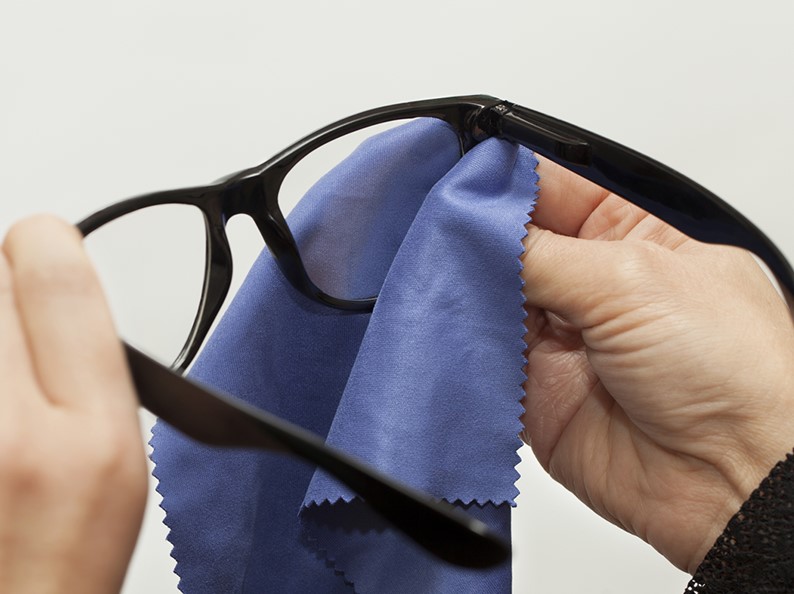An anti-reflective coating is an excellent way to reduce the reflection of light rays. Many manufacturers offer different layers. Patients can select lenses with varying coatings for various purposes. One way to choose the best coating is to consider the lens’s cost and life. Other essential factors to consider are the ease of cleaning and replacement policies.
Cost of anti-reflective coatings
Anti-reflective coatings, also known as AR coatings, are layers on eyeglasses and lenses that reduce glare and reflection. AR coatings are applied to eyeglass lenses using vacuum deposition technology. This process coats the lens with microscopic layers of metal oxides that block different wavelengths of light. Lenses are placed in a lens rack during the process, which can take up to 5 hours.
Anti-reflective coatings on eyeglasses San Francisco lenses can increase the clarity of vision and protect the eyes from fatigue. They also eliminate shadows and lights that can disturb a person’s image. The process can be applied to any lens type, whether a close-vision or distance lens.
AR coatings can wear out. They may crack and become brittle. In the past, they were prone to dust and dirt, but these days, they often include an anti-static treatment to repel water and oil. However, an essential AR coating may be enough if you’re an occasional user of eyeglasses and lenses. You’ll want to choose a high-quality coating that doesn’t scratch or smudge. Hundreds of manufacturers manufacture anti-reflective coatings.
The lifespan of lenses with anti-reflective coatings
Anti-reflective coatings applied to eyeglass lenses are designed to block more wavelengths of light and increase the lenses’ overall lifespan. However, improper lens cleaning and an environment with high dust levels can cause these coatings to wear down prematurely. Proper lens care will help you to extend the life of anti-glare coatings, which should be replaced every two years.
A high-quality anti-reflective lens will reduce glare by nearly 90%, allowing more light to pass through the lens to the eye. This will improve the wearer’s vision and reduce eye strain, particularly when driving. Anti-reflective lenses are also more scratch-resistant than traditional lenses. This makes them the best option for people who use their eyeglasses daily.
Lenses with anti-reflective coatings typically have a life span of a year to two years. The lifespan of lenses with anti-reflective coating depends on the type of enhancement used. The better the quality of the upgrades, the longer they’ll last. Proper care can also increase the lifespan of your lenses and eyeglasses.
Health benefits of anti-reflective coatings
Anti-reflective coating lenses and eyeglass lenses can help improve the health of your eyes. This coating can reduce the reflections your lenses receive from light sources, allowing about 8% more light to reach your eyes. Light sources can bounce off your lenses without this coating, increasing eye fatigue and headaches. Additionally, light reflected from computer screens and fluorescent lighting can cause eye strain and headaches in the workplace.
AR lenses are also more durable. Unlike regular lenses, they resist water spots and scratches. However, you should make sure that you clean them properly. If you wear them for long periods, you should wipe them with a microfiber cloth. In addition to this, you should also store them in a protective case.
Another benefit of AR coatings is that they help protect the eyes from the sun’s harmful rays. This protection can be added to the back side of eyeglass lenses to prevent UV rays from reflecting off of the lenses. The AR coatings will also improve night vision, which is essential to protecting the eyes from bright glare.









